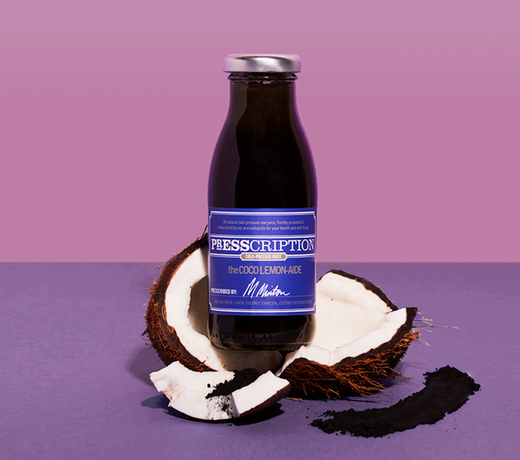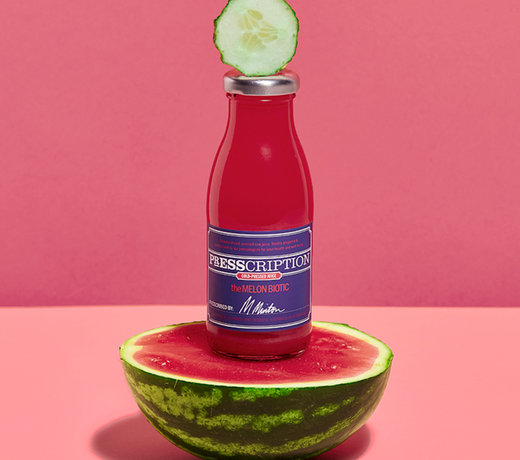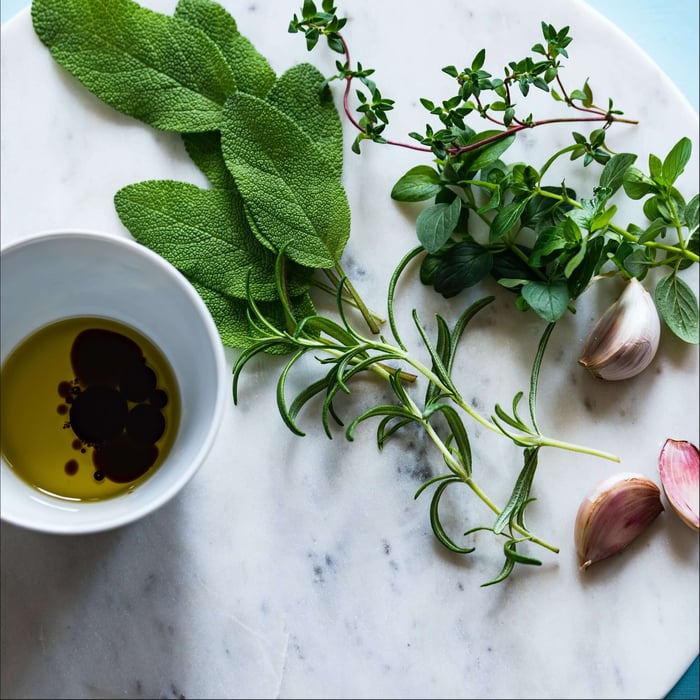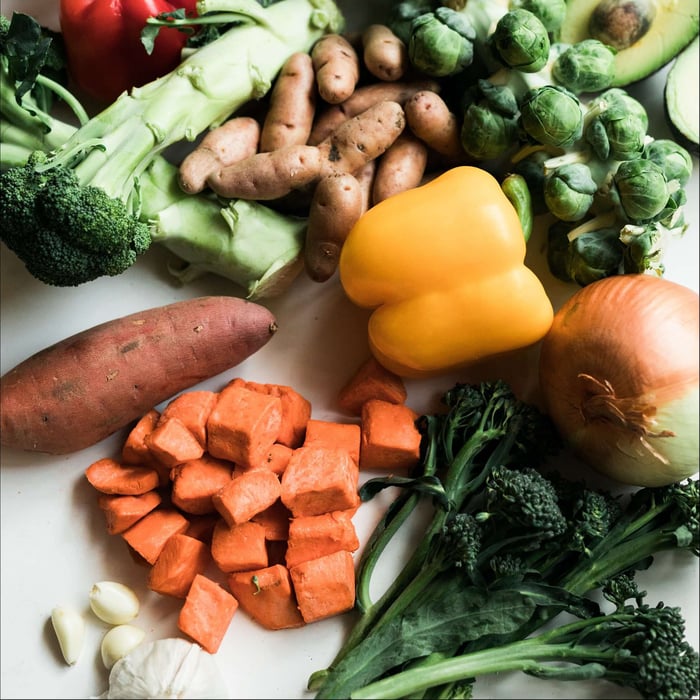How to Stay Healthy at the Change of Seasons
Remember last week when all your friends were posting on Instagram about it being the last day of summer? Wasn’t it super depressing? I know, I felt it too. I had a huge wave of panic about needing to spend the whole day outside because it would be 6 months before I saw the sun again. A slight overreaction but you know what I mean…
So what can we do to support our health through this seasonal change sickness? And more importantly, what can we do in Times of Corona to make this transition into autumn and winter less of a risk factor for picking up a viral infection? Let’s discuss.
As you might have guessed the key to staying healthy during the change of seasons is a robust Immune System (for a bit of background on how the immune system actually protects us from viruses then have a read of our recent post on Eating For Immunity), and there are a number of ways that we can support our immune systems via lifestyle and diet to allow them to function optimally - and they’re all as important as each other.
Sleep
One of the most fundamental and important factors in immunity is getting consistent, good quality sleep. Whatever you do, don’t burn the candle at both ends at the moment, instead be really kind to yourself as the nights draw in and the mornings become darker. Don’t be afraid to sleep more than normal, we’re physiologically programmed to sleep more in the winter months than we are in summer because of the lack of sunlight. Sleep is when our bodies switch on their most potent healing processes, they take out the trash from the day before (our livers are most active in the wee hours of the morning, detoxifying and dumping out cellular waste), so making sure that your sleep quality is optimum is paramount.
Moreover, if you do pick up a seasonal cold or flu then rest and sleep is the fastest way to recover. Sleep as much as you can, genuinely, and it will kick start that healing process like nothing else.
Diet
We’re all pretty clued up these days about the effect of diet on health generally, but specifically when it comes to immunity we need to be focussing on eating to support our gut health and the diversity and abundance of the beneficial microbes in our gut. On a day to day basis, if you’re in good health and just taking preventative measures, then trying to eat the rainbow daily is a great place to start, i.e. making sure there’s something from every colour of the rainbow on your plate during the course of the day - that’s the ‘colour’ box ticked. Next up is the diversity category, and that means eating a range of foods and not just sticking to the same ones. For example, if you usually eat aubergine for your purple food, then try red cabbage the following day and blackberries the next etc. We need all the different types of fibres contained in a diversity of plant foods to feed our gut microbes and create Short Chain Fatty Acids in the gut.
If a seasonal cold or virus has already got you and you can’t stomach a big plate of food then chicken soup made with bone broth is the way to go. Not only does bone broth soothe and repair the gut lining but it’s also been shown in studies to decrease the levels of firmicutes in the gut, a.k.a. the ‘bad’ gut bugs.

Get you gut in order with our two step gut health cleanse programme, specifically formulated with key ingredients and probiotics to help support gut health and immunity.
"I’ve just completed my first three-day gut cleanse and I feel great! This was just the right one for me, helping to settle and rejuvenate my digestive system. The service is very efficient: the bottles arrived on the morning of Day 1, well packaged. All the juices tasted good, and the whole set has clearly been very well put together. I loved the end-of-day drink and the watermelon to kick-start things! Day 1 I almost didn’t finish the drinks as I felt so full. By Day 3, the quantity felt just right. Three days was a good amount for my first time, but I might be tempted to extend in future. I will be back for more!" - Lyndsay W, Gut Cleanse One
Light
Getting your light environment right is also absolutely crucial. If you’re sick and in bed and napping a lot during the day then don’t worry too much about this, just sleep as much as you can. However, if you’re reading this post hoping to pick up some good preventative measures then listen up: The mitochondria in every cell of our bodies respond to light and create ATP directly from sunlight. ATP is cellular energy and needed to carry out every single process in the body including disease protection and immune function. So, more unadulterated daylight equals better health. Try and get outside first thing in the morning for at least 20 minutes (even if it’s cloudy and rainy). This is especially important if you’re going to sit in front of a computer screen all day emitting unnatural blue light.
Natural Remedies
Now that we’ve got those three very important lifestyle factors out of the way (sleep, diet and light), let’s consider nature’s own medicine chest.
Eating seasonally is your friend when it comes to supporting your health through the change in temperatures. Nature has a great way of providing us with the necessary antidotes to lots of seasonal illnesses and fruit and veg that’s in season has compounds in to help you combat sickness. That being said, eating tropical fruit in the middle of winter is metabolically a very silly idea. The colder months for us here in the UK call for a lot less sugar to keep us healthy and fit. Think stewed apples with cinnamon, roasted root veggies and the lovely leafy brassicas that come into season around this time too.
Echinacea is probably the most well known of the herbal remedies for coughs and colds, but it is actually best taken at the time of being unwell, not continuously as a preventative measure. So grab some and pop it in the medicine cupboard at home and just take when you’re poorly.
Oregano and thyme are two of nature’s most potent anti-virals, and can both be found distilled into oils. Oregano oil is especially prevalent but you can also just buy both of these herbs fresh at your local supermarket and steep into a tea or eat fresh in cooking.
Garlic, ginger and cayenne pepper are all amazing for getting inside and fighting off any bad bugs. Garlic is also a natural antibiotic and a great one to eat a lot of when you’re under the weather. It’s most effective in its raw form, which shouldn’t be too much of an issue since we’re all isolating at home anyway!
The theme here with these natural remedies is that strong tasting herbs and spices are the ones to go for when you’re under the weather. All of these spicy and bitter herbs are really good at getting in and breaking up infections, a great way to include them is in home made curries, soups and broths.
I hope this post helps to keep you healthy and well during the change of seasons, and if all else fails, take a nap!
 Why Presscription?
Why Presscription? Why Cleanse?
Why Cleanse? Cleansing Tips
Cleansing Tips What's Pressing?
What's Pressing?


